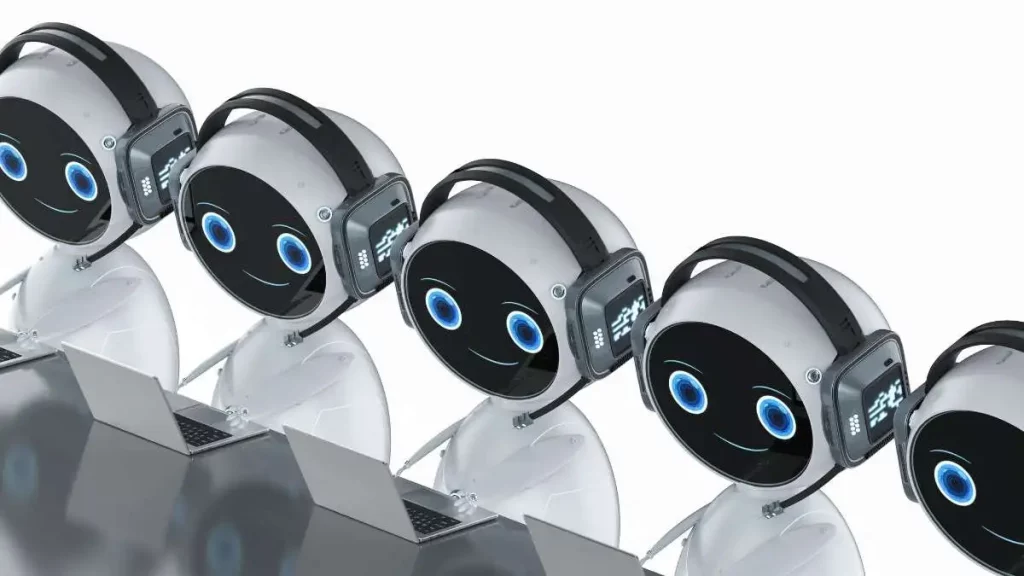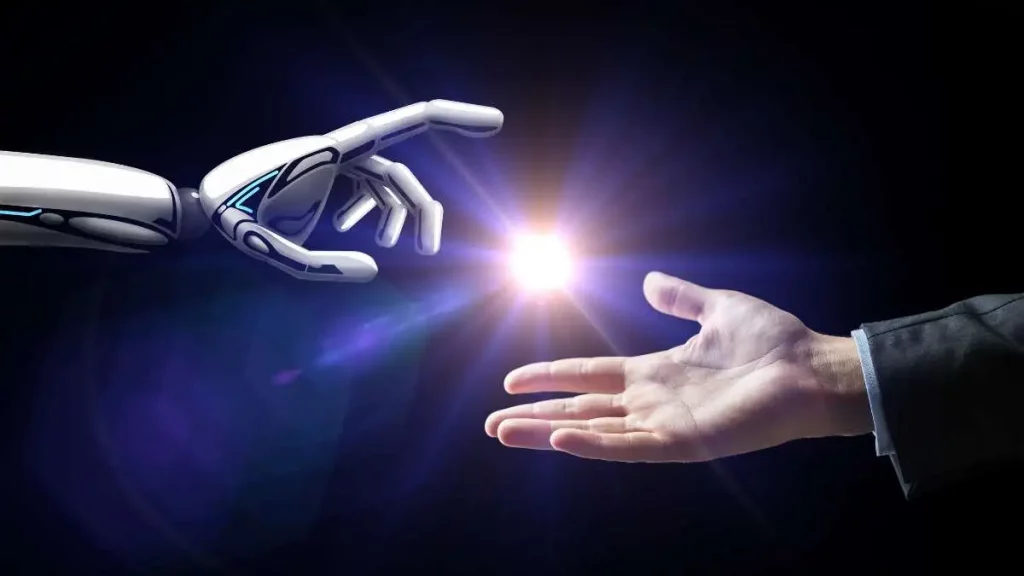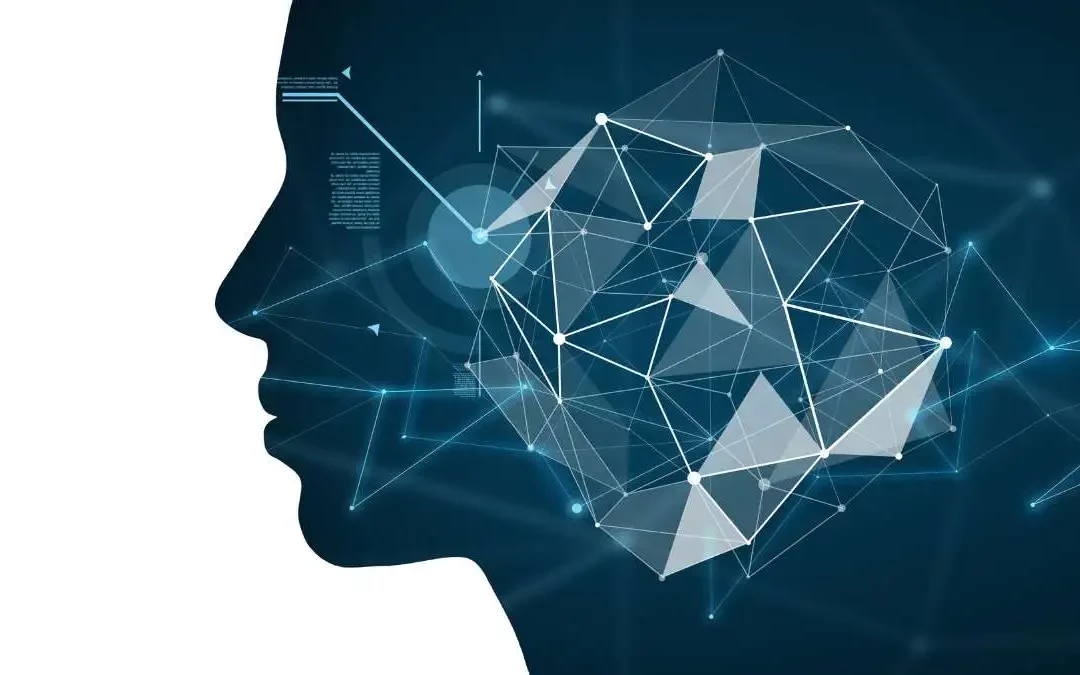Until a few years ago, the concept of machine customer introduced by Gartner referred to connected devices capable of performing automated actions on behalf of users, such as purchasing goods, booking services or sending requests for assistance. Today, however, we have entered a new phase: that of autonomous AI agents.
Autonomous AI agents are systems based on advanced linguistic models (LLM) that do not simply respond to commands, but are able to reason, plan, make decisions and execute them independently. Unlike classic chatbots or voice assistants, these agents:
- Analyze complex objectives
- Break down the problem into sub-tasks
- Interact with external tools (APIs, databases, corporate software)
- Collaborate with other AI agents
- Adapt their behavior based on the context
In practice, they behave like digital micro-collaborators capable of acting, not just reacting. And to do so effectively, they need a new technological infrastructure that allows them to communicate and cooperate: this is where the Model Context Protocol (MCP) comes into play.
Updated on June 12th 2025
Estimated reading time: 7 minutes
Table of contents
From Machine Customers to Autonomous AI Agents

In 2023, Gartner called machine customers the “new growth opportunity of the decade.” At the time, the focus was on connected devices that could issue purchases or activate services — like your car that books a tire change or a device that orders automatic refills.
That context, however, was born before the development of true autonomous AI agents capable of communicating with each other: it was more about intelligent automation and cloud assistants, not yet agentic systems capable of negotiating, cooperating or acting without human mediation.
How do autonomous AI agents communicate with each other?
For AI agents to be truly autonomous — talking to each other, leveraging external services, consulting databases and APIs — a common protocol needs to be established.
Here comes the Model Context Protocol (MCP):
- Created and open-sourced by Anthropic in November 2024, MCP uses JSON-RPC 2.0 to facilitate integration and orchestration between LLM and external tools
- In 2025, it gained support from giants such as OpenAI, Google DeepMind, Microsoft (both in Copilot Studio and Windows AI Foundry)
Gartner predicts that by 2026, 75% of API gateways and 50% of iPaaS platforms will offer MCP support.
With the MCP protocol, AI agents can:
- Discover and interact with external tools in a standard way
- Coordinate with each other, exchange information, perform complex cascading operations
- Complete multi-step tasks, such as ordering, logistics or support, without human intervention
Each agent has a defined role (for example: “data analyst”, “logistics operator”, “customer care agent”) and, when it receives a task, it can divide it into sub-tasks, delegate some to other specialized agents, and then aggregate the results to return a complete response. This exchange occurs through common interfaces (e.g. JSON-RPC, RESTful API) and semantic formats that make coordination possible on distributed architectures.
In practice, they behave like a team: they communicate, pass information to each other, wait for responses, correct each other. It is an intelligent cooperation model that allows the construction of dynamic workflows, adaptable in real time, and that overcomes the rigidities of traditional automated systems. This paradigm, also called multi-agent collaboration, is today at the center of the most advanced experiments in the field of AI applied to business.
Beware of the risks
While autonomous AI agents represent a turning point in business processes, they also pose new security challenges. Recent studies have highlighted significant vulnerabilities within the MCP (Model Context Protocol) ecosystem, the framework that allows agents to interact in a structured way with external tools.
Among the main risks reported:
- Credential theft: if an AI agent has access to internal systems or corporate tools, the exposure of its keys or tokens can compromise entire operational flows.
- Malicious code execution: agents that interact with poorly controlled APIs can be induced to initiate unauthorized actions.
- AI-driven ransomware attacks: compromised or poorly trained models could be manipulated to sabotage data, encrypt files or propagate malware through automatic API calls.
- Injections of malicious prompts or instructions: given the linguistic nature of agents, it is possible to inject malicious commands within interactions, causing them to deviate from the expected behavior.
However, the industry is rapidly organizing itself to face these threats. Specific tools such as MCP-Safety-Scanner are already being developed, designed to:
- Analyze and monitor interactions between agents and external services
- Identify anomalous or suspicious patterns
- Apply security policies on prompts and incoming data
- Map agent privileges and isolate them in safe environments (sandboxing)
In parallel, native security frameworks for AI agents are emerging, integrating real-time identity, access, log and audit trail controls. For companies that want to adopt these systems responsibly, it will therefore be essential not only to enable the autonomous capabilities of agents, but also to equip themselves with a security infrastructure adequate for an increasingly complex and interconnected environment.
How to implement autonomous AI agents in your company?

Implementing autonomous AI agents in your enterprise requires a gradual but strategic approach. Here are the key steps to get started successfully:
- Identify repetitive and cognitively intensive processes
Start with tasks that require analysis, decisions, and interaction with multiple tools, such as ticketing, reporting, customer support, or marketing automation.
- Choose a platform compatible with AI agents
Opt for technologies that support the Model Context Protocol (MCP) or other open standards, so that agents can easily interact with APIs, databases, and business applications.
- Create intelligent microservices
Exposing business functions as APIs (e.g. “create order,” “check stock,” “generate quote”) allows agents to orchestrate them autonomously. Each microservice must be well documented, secure, and traceable.
- Design agents with clear goals and defined boundaries
An agent must know what to do, with which tools, and how far it can go. Set rules, action boundaries, and fallbacks in case of uncertainty.
- Test your agents
Before deploying to production, test agents in a simulated environment to evaluate their performance, reliability, and security.
Conclusions
In 2025, the machine customer market is a consolidated reality: intelligent devices already generate a significant volume of customer service requests. However, the era of the “device that acts alone at scale” is rapidly approaching, redefined in terms of AI agents capable of dialoguing, coordinating and acting among themselves.
The Model Context Protocol (MCP) is the key tool to guide this transition, enabling secure and standard connections between AI, tools and business infrastructures.
The future is already here: AI agents are learning to talk to each other, operating as a new decision-making fabric. Companies that will be able to integrate these systems in a secure and strategic way will have a substantial competitive advantage.
Faqs about Autonomous AI Agents
Autonomous AI agents are intelligent systems, based on advanced language models (such as GPT, Claude, Gemini), capable of making decisions, planning actions and interacting autonomously with external tools. They do not simply respond to commands, but carry out complex tasks without continuous human supervision.
Traditional chatbots respond to predefined inputs and follow rigid conversational flows. Autonomous agents, on the other hand, understand the context, reason dynamically, can interface with other systems, write code, make API calls and collaborate with each other to achieve a goal.
The risks include: uncontrolled access to company tools, execution of unwanted actions, exposure of sensitive data, vulnerabilities in communication protocols such as MCP, and prompt injection attacks. For this reason, it is essential to adopt security monitoring and control tools.
Not necessarily. With increasingly advanced no-code and low-code interfaces, it is possible to configure AI agents without writing any code. However, to integrate agents securely and efficiently into enterprise systems, it is advisable to involve IT teams or expert technology partners.
Updated on June 12th 2025

